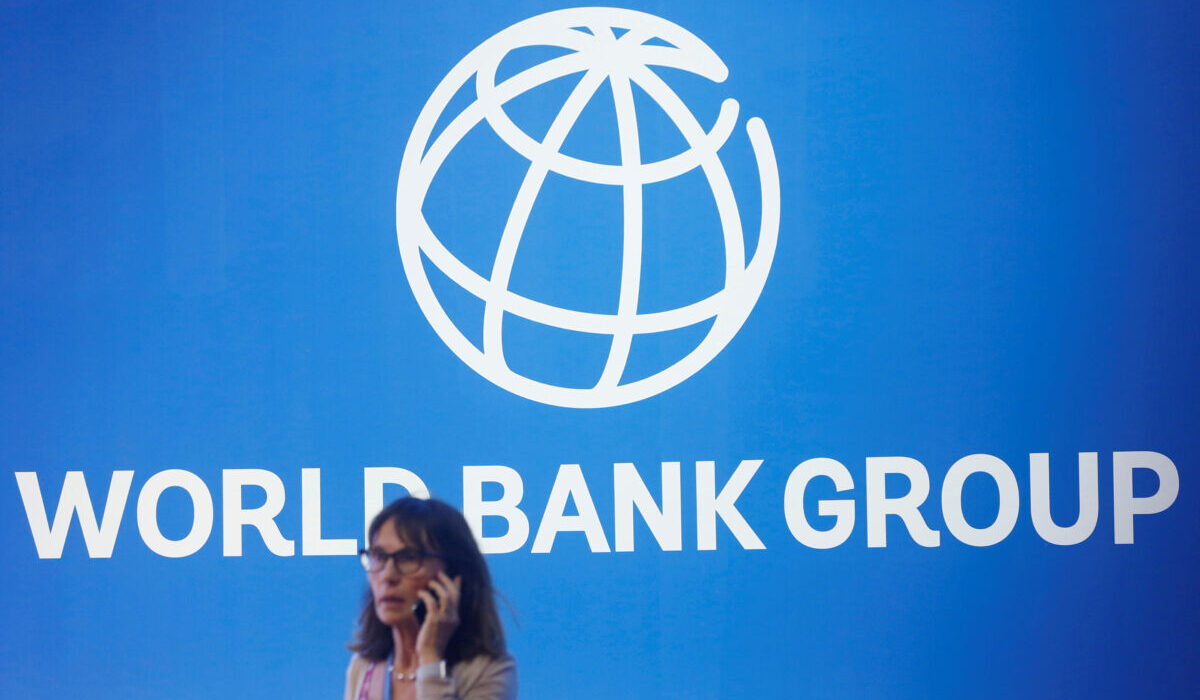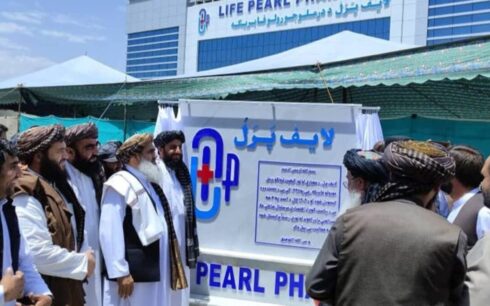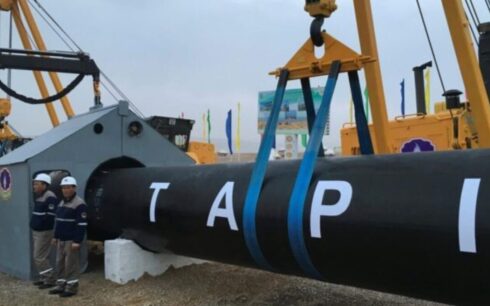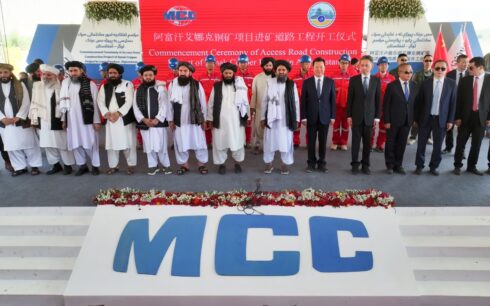The World Bank has approved a $16 million grant aimed at bolstering micro and small enterprises in Afghanistan, with an emphasis on women and women-led businesses, the institution announced.
Funded through the Afghanistan Resilience Trust Fund (ARTF), the grant will aid the Empowering Microfinance and Enterprises for Resilience and Growth (EMRGe) initiative, with direct allocation to the Aga Khan Foundation USA.
The initiative seeks to rejuvenate microfinance providers in Afghanistan by addressing their balance sheets, burdened with unrecoverable loans due to economic downturns post-August 2021. “This will enhance their liquidity, enabling new financing for micro and small enterprises,” the World Bank stated.
Moreover, the project will offer technical support to microfinance institutions to fortify the sector, promote the digitization of business processes, and emphasize training staff to prioritize loans to women and women-led businesses.
Melinda Good, the World Bank’s country director for Afghanistan, highlighted the significance of supporting microfinance in Afghanistan as a crucial method to improve access to financial services, particularly for women. “This project is aimed at empowering the microfinance sector so that small business owners and women-led businesses have the opportunity to revive their enterprises, rebuild their lives, and stimulate the private sector,” she explained.
Additionally, the project will provide business development services to foster a robust pipeline of viable micro and small enterprises, including those that actively generate employment for women.
A Credit Viability Fund (CVF) will also be established, to be implemented by the Aga Khan Foundation USA’s Office in Afghanistan.
Namoos Zaheer, Senior Financial Sector Specialist and World Bank Task Team Leader for the project, mentioned, “The EMERGe project was developed following extensive consultations with stakeholders, including microfinance providers and commerce chambers, particularly those led by women. This ensures the initiative addresses the financial access barriers faced by small businesses in Afghanistan and enhances the sustainability of donor contributions to the sector.”
The project’s implementation will span several provinces, including Badakhshan, Baghlan, Balkh, Bamyan, Daikundi, Faryab, Herat, Jowzjan, Kabul, Kunduz, Nangarhar, Parwan, Samangan, Sar-e-Pol, and Takhar.





